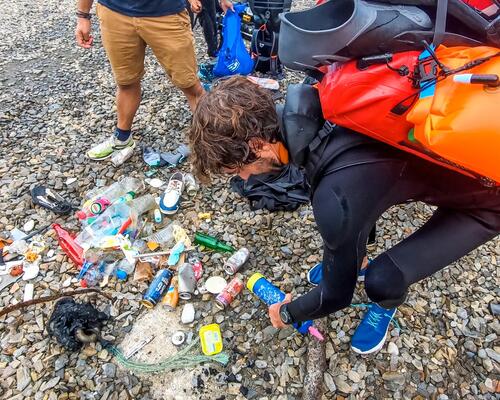The story of world oceans day
First held in 1992, World Oceans Day was launched by the Earth Summit, an event that took place in parallel with the United Nations Conference on the Environment and Development (UNCED), which was held in Rio de Janeiro in the same year.
An event organised on this day in 1992 is at the origin of World Oceans Day: the Oceans Day at the Earth Summit: the blue planet. The agenda included international experts, opinion-leaders and people capable of talking about how oceans contribute to sustaining the blue planet.
It was only officially designated by a United Nations resolution in 2008.
So, what went on between 1992 and 2008? A lot of work. The implementation of the United Nations Convention on the Law of the Sea, the territorial sea, international navigation, maritime safety, marine sciences and technologies, marine biological diversity, the marine environment and sustainable development, climate change and regional and international cooperation (just for starters).
Then, in 2008, the declaration of World Oceans Day acted as a catalyst for the actions taken all over the world.
In 2017, another event took place. The Oceans Conference was convened to support the implementation of the Sustainable Development Goal (SDG) 14 of the 2030 agenda for sustainable development: Conserve and sustainably use the oceans, seas and marine resources.
In 2020, even though this event is usually organised at the UN's headquarters in New York, due to COVID-19, the United Nations World Oceans Day was the very first digital event that could be accessed by a worldwide audience.












